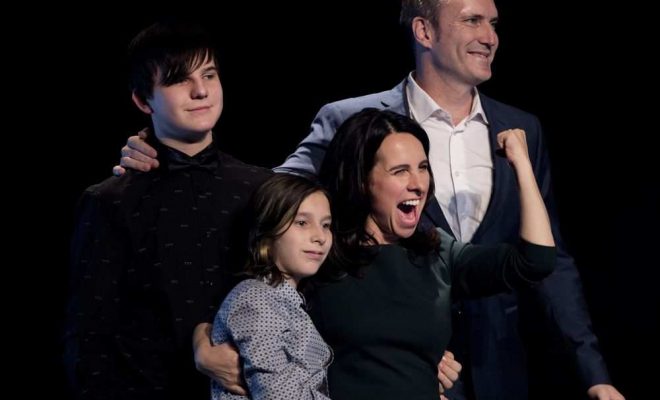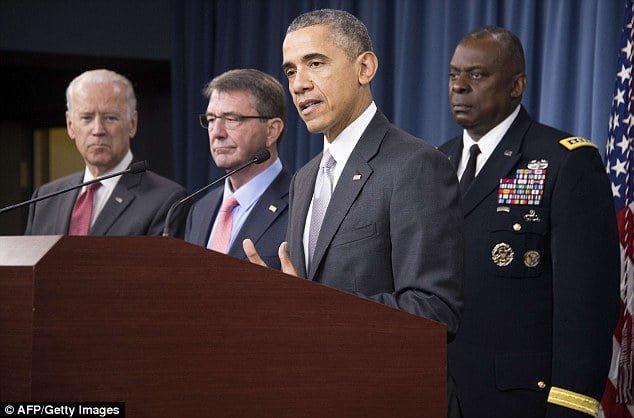Montreal’s new mayor is the right woman at the right time

History was made on Sunday night, as the inexperienced Projet Montréal Leader Valerie Plante,became the first woman tobe elected Mayor in the city of Montreal’s history. Shattering a 375 year old history, and defeating incumbent Denis Coderre in the process—to continue an impressive steak.
Plante might be politically inexperienced, but after winning a council seat in 2013 and securing a leadership role at Projet Montréal last year, she is one that should evidently not be underestimated.
Studies have revealed that women on corporate boards not only eclipse others financially, but possess higher productivity and more efficient problem solving skills. Other recent researches have equally shown that patients of female surgeons experience slightly better outcome. This goes to show that there’s the need for Montreal to put a woman at the helm of the City Hall.
Former U.S. president Barack Obama during his visit to Montreal last June, remarked that if every country putwomen in charge, the world would be a much better and peaceful place. With the ability to multitask efficiently, it’s almost impossible to match a working mom’s skills; that’s what Montreal got and it’s a safe choice.
Plante had never reallycapitalized on the “gender effect”, joking in an early campaign ad about being “l’homme de la situation”, and being a female might have given her an edge—as something positive andinspirational to vote for.
History was also on her side, as Montrealers and Quebecers have a history of being overwhelmed by new or inspiring political movements. First, the Parti Québécoisobtained power in 1976, thenthe blue juggernaut that put the federal Conservatives in power in the 1980s, to the New Democratic Party’s Orange Crush in Quebec in 2011; change has always been the cravingand Montrealers continued the trend with Projet Montréal last night.
Plante is definitely the right woman; and coming in at the right time when Coderre had been losing citizen’s confidence.
Coderre had been responsible for a massive turnaround in Montreal over the last four years. He fostered the uprooting of corruption and gave the city international credibility —making it a major world location, something Montrealers should be grateful for. Yet, he possessed certain traits that caused a rift in the heart of citizens.
Perceived as arrogant andimpregnable tocriticism, the departing mayor had certain tendencies that made him his own enemy. He had insisted the ticket sales on the ePrix electric car race were unavailable, onlyswiftly changing the verdict towards the dying days of the campaign. Theapparent lack in transparency might be a reason why Montrealers settled for a direct opposite, Plante.
Attacking Plateau borough mayor Luc Ferrandez, may have also dissuaded voters from re-electing him. Plante was the “chosen one” to bring focus to the citizensirrespective of how progressive things have been in Montreal.
“We showed that you can’t take Montrealers for granted,” she said her victory speech. “The next four years will be based on your priorities, your needs, your interests.”
After capitalizing on the common challenge of traffic congestion by promising a new metro Pink Line, the onus rests of her to ensure that it wasn’t just a vacuous remark. Despite an elevated status after vanquishing Coderre, she would need quite a lot of persuasive power to convince federal and provincial authorities to fund such a huge project.
Plante solicited the support of business communities in order to make the city more liveable and increase mobility.
“Montreal is open for business,” she said in her speech.
The Montreal council appears quitedivided, but Plante must govern for all Montrealers—alsorecognizingthe city’s cultural and linguistic diversity.
“The francophones, the anglophones and the allophones have more in common than what others want us to believe,” she said.
The bar has been set quite high for the history making mayor, but early signs suggests it’s a challenge she can very much handle.








